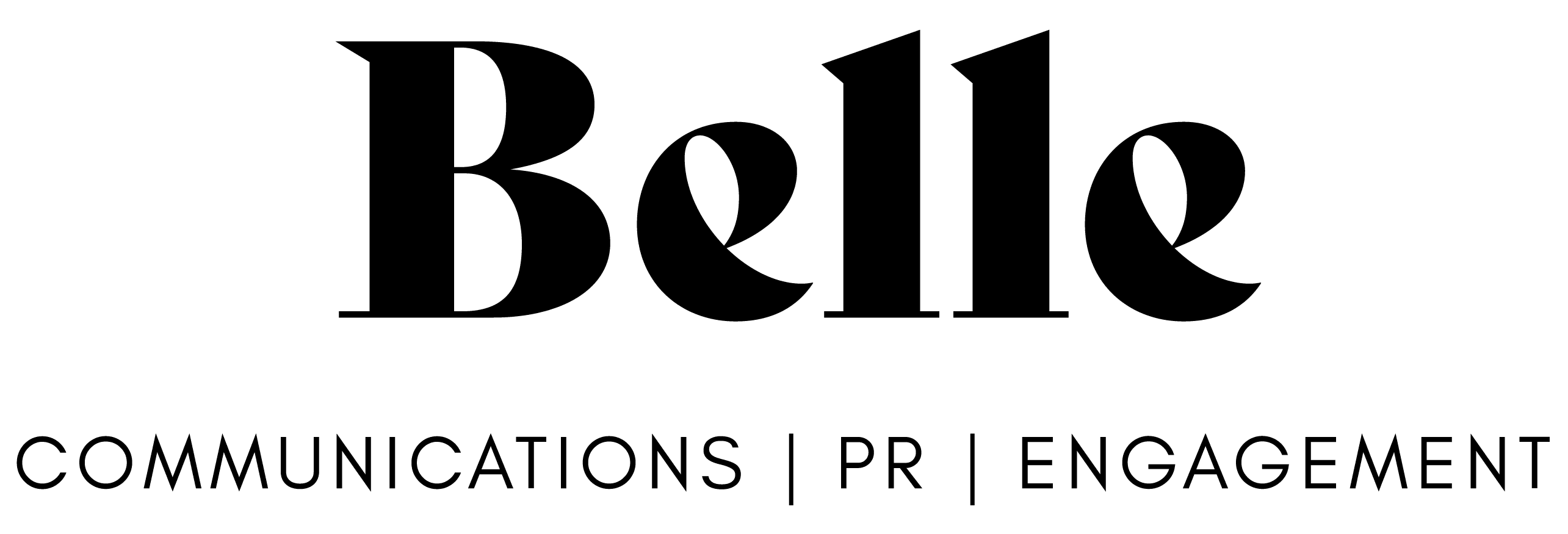Many businesses have expressed frustration with dwindling engagement on Facebook. Posts that once generated likes, comments, and shares now often go unnoticed. So, the big question is: Has Facebook for business truly lost its relevance, or is your content the real issue?
What’s the deal with Facebook today?
Facebook remains a social media giant, with over 2.9 billion active users worldwide as of 2024. While it may not have the same buzz as TikTok or Instagram, Facebook continues to be a central platform for many users, particularly older demographics.
According to Hootsuite's 2023 Global State of Digital Report, Facebook is still the most used social media platform in the world, with users spending an average of 33 minutes a day on the platform.
However, Facebook’s user base is changing. Younger audiences (Millennials and Gen Z) are increasingly drawn to more dynamic and visually engaging platforms like TikTok and Instagram, which focus on shorter, creative video formats. In contrast, Facebook's largest and most active demographic is aged 35 and older, particularly in the 45–65 age group.
Facebook is still a crucial marketing tool for businesses whose primary audience is older. Yet, those trying to engage a younger audience might find their results less than satisfactory if they use Facebook the same way they did in previous years.
For Belle, our Facebook audience mainly consists of friends and family, whereas Instagram draws SMEs and professionals in communications, PR, and marketing seeking inspiration.
The Algorithm: What’s really happening?
One of the biggest factors affecting Facebook engagement is its algorithm. Facebook has consistently shifted its algorithm to prioritise meaningful interactions and posts that encourage conversations and real engagement (like comments and shares). Posts that simply broadcast information without inviting interaction receive less reach – note that down!
This focus on interaction means that if your business isn’t posting content that sparks conversation, you’ll likely see lower engagement. Video content, posts that ask for opinions, and user-generated content tend to perform better under the current algorithm than text-heavy or purely promotional posts.
The content factor: Why quality matters
We know this may cut deep, but Facebook isn’t necessarily the problem - it’s the content you’re posting. If businesses treat Facebook like a one-way megaphone instead of an engagement platform, they’ll struggle to see results. Content needs to be tailored to the platform and your audience.
Here are some types of content that perform well on Facebook:
Videos
Facebook users spend 3x more time watching live videos than traditional videos. Facebook’s algorithm favours video content, especially live videos, which tend to generate more discussion.
User-generated content
Businesses that encourage their customers to share their experiences, such as tagging the business in posts, benefit from social proof and increased trust.
Polls and interactive posts
Encouraging users to engage directly, such as by answering a poll or leaving a comment, significantly increases engagement.
Comparing Facebook to other platforms
It’s also important to consider how Facebook compares to other platforms.
While Instagram is owned by Meta, it’s a more visually driven platform. Businesses targeting Millennials and Gen Z often find Instagram more effective, especially when using Reel or interactive Stories. According to Sprout Social, Instagram boasts two billion active users, with 62% of users logging in daily.
TikTok
With over one billion active users, TikTok is rapidly growing, especially among Gen Z. The average user spends 95 minutes a day on TikTok, far surpassing Facebook, which is incredible and shows it may just be time to move over to this platform if you’re targeting younger people! Its short-form, viral video format is perfect for businesses that can create quick, creative, and entertaining content.
LinkedIn, with 900 million members, has become the go-to platform for B2B marketing. If your audience consists of professionals or other businesses, LinkedIn might be a more effective space to reach them, especially with thought leadership content or industry updates.
Each platform serves a different purpose and audience, which is why it’s important to align your strategy with the platform that best fits your business objectives.
What about Facebook ads? Are they still relevant?
Another question businesses often ask us is whether Facebook ads are still effective. Despite growing competition from other platforms, Facebook Ads remain a powerhouse. In fact, Meta's advertising revenue reached $114 billion in 2023, with over 10 million businesses (including ours) using Facebook for ads.
Here’s why Facebook Ads are still effective
Facebook offers advanced targeting capabilities, allowing businesses to reach specific demographics, interests, and behaviours.
For many businesses, Facebook Ads have one of the lowest CPCs (cost per click) compared to other platforms, especially for local targeting.
So, what’s the verdict? Are we staying on Facebook or giving it the kick?
Is Facebook for business dead? Absolutely not. Facebook has changed, and businesses may not see the same results as they did years ago, especially if they haven't adapted their content strategy. But for those who tailor their content to engage with their audience, focus on sparking meaningful interactions, and leverage Facebook Ads smartly, the platform is still an incredibly powerful marketing and PR tool.
Rather than abandoning Facebook, it might be time to rethink your approach, and we’re here to help with that. Contact us for a no-obligation chat about your organic content and how to leverage the platform’s paid features as part of your wider PR and marketing strategy.

